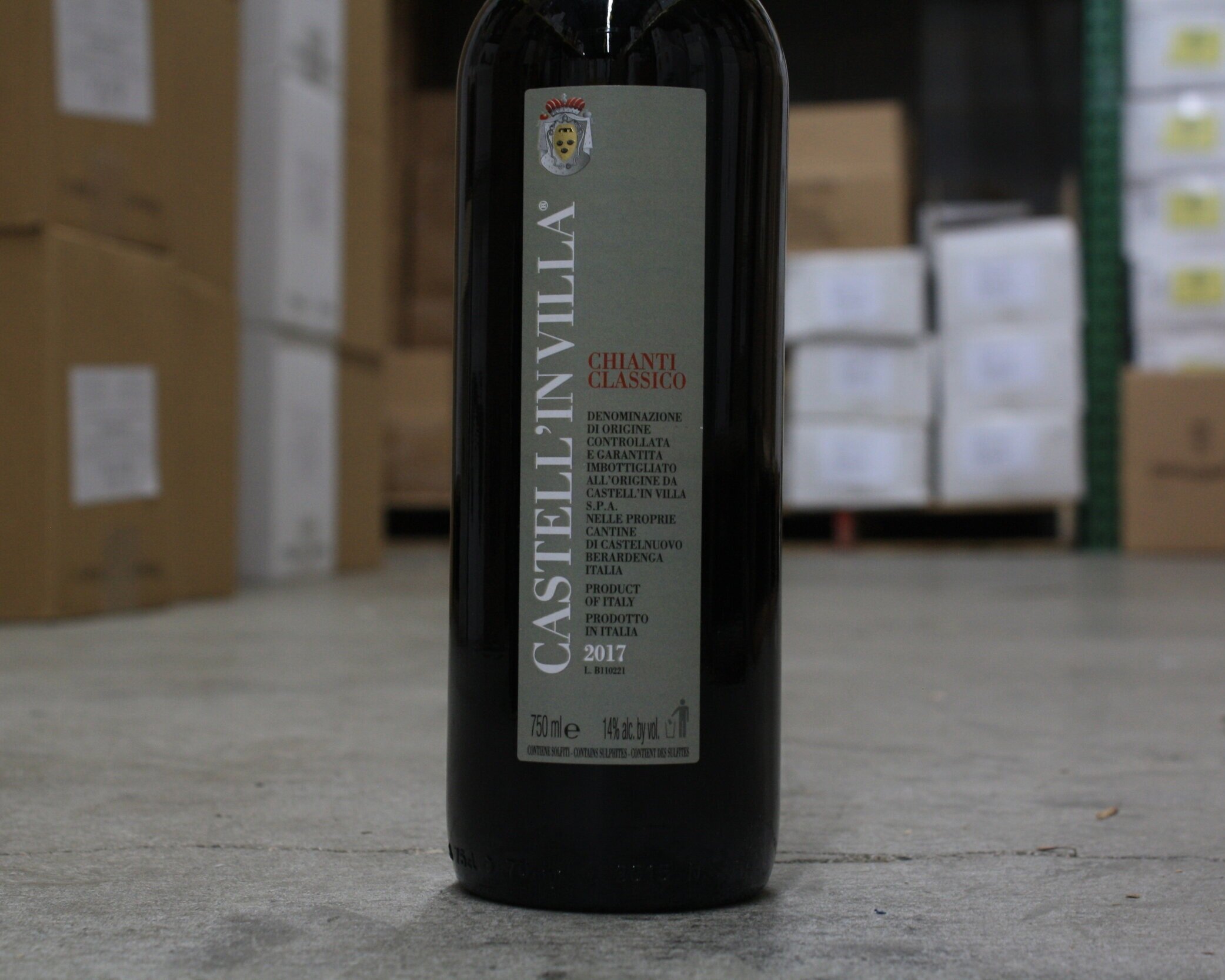castell’in Villa
Principessa Coralia Pignatelli della Leonessa
Castelnuova berardenga
chianti classico - Tuscany - Italy
story…
The heart of the Castell’in Villa estate is based in what was once medieval hamlet, it consists of a few small villas, a central tower (that Principessa Coralia now calls home), a small and a farm house with several other farmhouse outposts on the estate. These ancient buildings date back to the 1200’s and although grapevines and olive trees have always been cultivated in and around this ancient hamlet; it was with the arrival Principessa Coralia Pignatelli della Leonessa in the late 1960’s that wine production became the main focus and thus the official founding of the Castell’in Villa estate. Principessa Coralia was born in Greece and received her principessa/princess title when she married one of Italy’s wealthiest families. It was with her husband Riccardo that they decided to purchase the Castell’in Villa property, they were currently living in Rome and kept their home there after the purchase. They had originally intended to to make some wine for fun and got started right away with the renovating and expanding of the vineyard holdings. Sadly in 1985 Riccardo passed away, and although the estate and wine vision had really been Riccardo’s from the start Principessa Coralia decided continue what her & her husband had started. She sold their home in Rome and put all her effort and focus on the Castell’in Villa estate.
There are 298 hectares of land that make up the entirety of the estate, only about 54 hectares are planted to vines, the remaining is a small collection of olive groves and mostly ancient forests. From the onset there was a focus on tradition and quality, when planting new vineyards they planted only Sangiovese and they quickly grafted over any white varieties to Sangiovese in the original 1 hectare plot of vines. Although they had received a fair amount of acclaim for their wines in the 70’s, when the barrique movement took over Tuscany, their wines fell out of fashion. Fastidiously sticking to traditions is one of the many qualities that make Castell’in Villa so special and now with the pendulum swinging back to more traditionally styled wines many are taking notice again of Principessa Coralia’s wines. Particularly for their incredible ability to age, her Riserva bottlings are considered some of the very top ageable wines in all of Italy, it also helps that she holds back a fair amount of production from each year to age on site to share and showcase with visitors to the estate.
It is worth noting that although wine production is her primary focus and the reason the estate exists. She also runs a classic agriturismo business on the property, complete with on site villa’s and a bed & breakfast, all housed in renovated villas on the property.
farming & Philosophy…
Farming on the estate has always, and continues to be done with organic practices. They currently do not hold a certification for this, but no chemical herbicides or pesticides have been used on the vineyards or surrounding olive groves. The lushness of the vineyards and land surrounding the estate speak for themselves. The combination of cover crops that grow in between the vine rows along with the large ancient forests surrounding the property & vineyards enhance the biodiversity throughout the estate. The 56 hectares of vineyards could easily produce around 380,000 bottles a year, Coralia only wants to use the best grapes for her own production, thus she only produces around 100,000 bottles per year. All of the rest of the harvested fruit is sold of to other wineries in the surrounding area.
Tradition is the heart and soul of the Castell’in Villa productions. Although Principessa Coralia had never tasted wine prior to making it, she has a firm vision and belief in what she does and is not interested in new trends. All of the wines have always been fermented spontaneously with indigenous yeasts, in fact no industrial yeasts as have been present in the cellars at the estate. Fermentations take place in stainless steel tanks and the juice stays in contact with the skins for around 10-14 days, dependant on the wine it is meant for. Ageing is done in large Slavonian oak botti for all of their wines.
Principessa Coralia has embraced a bit of “modernism” at the estate, but in all honesty it was far later than most and more out of curiosity than for marketing or to increase sales. She was not a big fan of her Canaiolo vines so in 1983 she grafted the vines over to Cabernet Sauvignon, which goes into her “super tuscan” blend under the label of Santa Croce. The other part of her “modernism” embrace is in the very limited use of small French barriques, which only her “Poggio delle Rose” Chianti Classico Riserva & her Santa Croce are partially aged in.
Vineyards…
The estate’s vineyards a collection of eight different vineyard sites that Coralia believes represent the various terroirs of Tuscany. They are planted primarily on alluvial soils with a mix of pebbles & sand with a few of the sites containing limestone & clay. Her top site, Poggio delle Rose, is the only vineyard that receives its own single site bottling.
Poggio delle Rose
planted in 1990 with 100% Sangiovese from clonal selections made in the estates original vineyards | first released as a single cru/vineyard bottling in 1996




